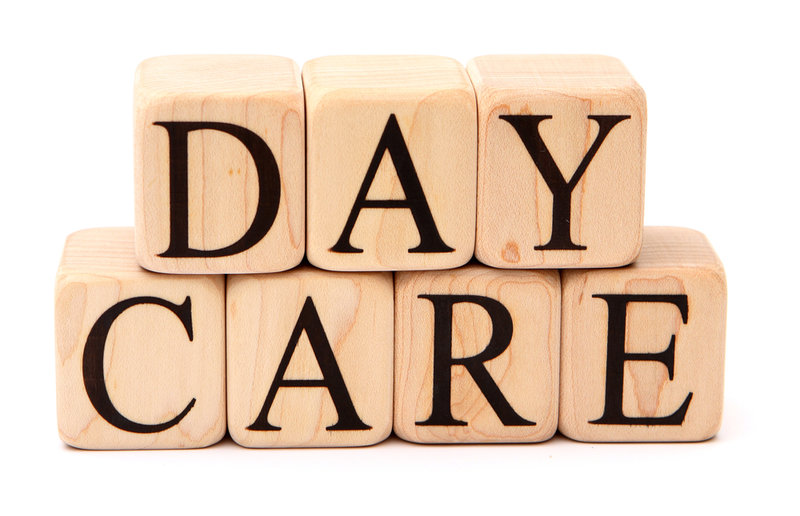Over the course of the last decade, several comprehensive studies have been conducted on the effects of daycare on childhood development. These studies measured such things as cognitive development, behavioral effects, attachment issues, and the impact on the social growth of children brought up in daycare settings. While results of these studies have shed light on some questions that parents are asking, the agencies conducting these studies report that there are so many determining factors in a child’s development that it’s difficult to isolate those factors. Both negative and positive correlations were found in children who spent their preschool years in center-based daycares, but many of these results were negligible and inconclusive. While we may never know whether putting a child in daycare is better or worse for childhood development, there are a couple clear indicators that have come from these studies:
1) the quality of daycare is a much larger determining factor in a child’s development than whether or not they go to daycare
2) their home environment is the most important factor of all.
1. Quality vs. Quantity
In 1991, the National Institute of Child Health and Human Development (NICHD) enrolled over 1,000 infants and children around the U.S. in an ongoing study on the effects of childcare on childhood development. These children represented a variety of care situations, from center-based daycares to at-home care provided by family members, and were monitored throughout grade school and beyond. The most recent wave of results was released in November 2015 and confirmed a mild correlation between children brought up in center-based daycare situations who also demonstrated developmental issues. However, perhaps the most shocking of their findings was that 60% of the millions of children in daycare are receiving substandard care. Good quality care is measured by how attentive caregivers are to the emotional and physical needs of the children in their care, as well as by the ratio of adults to children. Daycare facilities with more educated caregivers and lower adult to child ratios produced children with better vocabulary skills, cognitive development, and social skills as they got older. It appears that many child-care providers lack the training and the staff needed to sufficiently address the emotional and behavioral needs of the children in their care. Melinda Wenner Moyer, a slate.com contributor, writes, “U.S. Childcare workers earn less than janitors and amusement park attendants.” It comes as no surprise that children left in the care of poorly paid and insufficiently trained caregivers are going to experience more negative developmental effects.
2. Home Environment
Nature verses nurture is an age-old question that has stumped behavioral scientists for generations. But there’s no denying that both factors play a role in a child’s development. Studies confirm that while the effects of daycare on childhood development are small, their home life is a far more critical factor in shaping a child’s future than whether they attended center-based daycare when they were young. Parents who want what’s best for their kids are attentive to their needs, and that will play the biggest role in their child’s emotional and cognitive development.
Conclusion
Does daycare affect a child’s development? We may never know. But every parent who’s struggling with this question can take comfort in the fact their love for their child will overcome their choices in childcare, no matter what those choices are. For this reason, it’s important that all parents do their research when choosing the right childcare options for their child.
